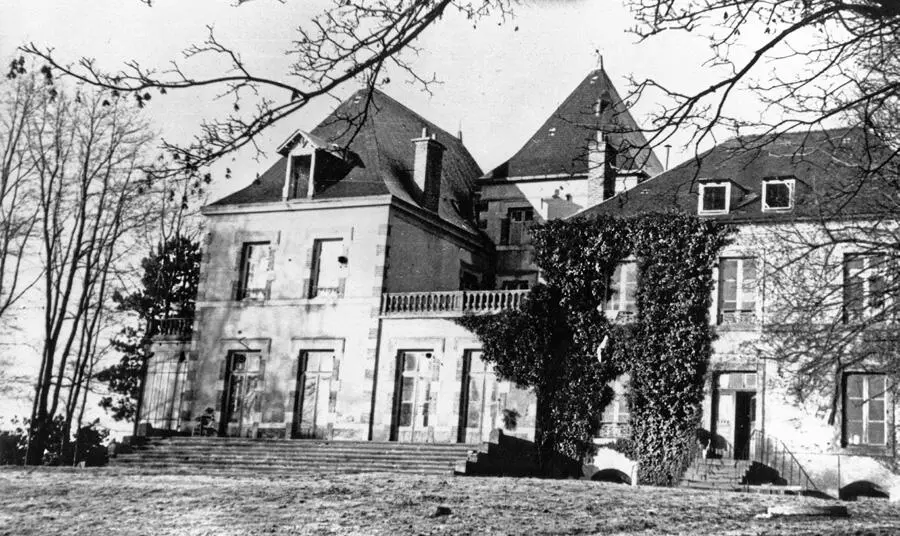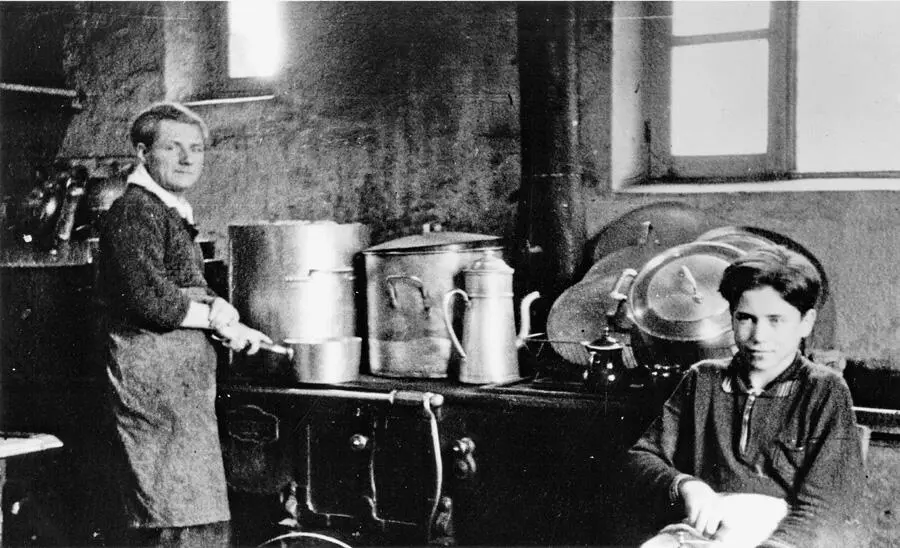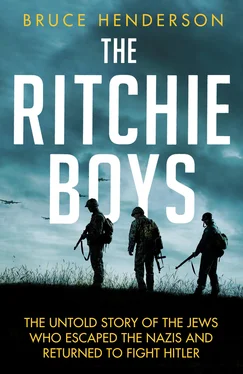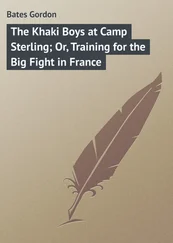With more than a hundred soldiers occupying the château as well as the annex building, the boys and instructors moved some cots into the basement. The occupying Germans shared little of the meat, dairy, and produce that was delivered to the château, and the boys were constantly hungry. They sneaked out at night and foraged for fruit and potatoes in nearby fields.
Two weeks after they returned, it was announced on the radio—now tuned to German broadcasts, full of Nazi propaganda—that Germany and France had signed an armistice, resulting in the division of France. The Germans would occupy the north and coastal areas, including Paris and Normandy, while newly appointed French leaders would govern the unoccupied southern part from the new capital of Vichy.
One of Stephan’s jobs was to do the soldiers’ laundry. He put the dirty clothes into a huge pot of water on the stove, added soap, and boiled everything for an hour. When it cooled down, he carried the pot to the sink, poured out the soapy water, and added water to rinse the clothes before hanging them up outside.
As he did the wash one day, Stephan saw dark specks floating to the surface of the boiling water. They appeared to be food particles. Thinking that they must have been left on the table linens after meals, he began scooping them out of the pot, rinsing, and eating them. He had learned how to share growing up at the orphanage, so he split his bounty with some other hungry boys, and they all agreed that the soggy crumbs tasted delicious. Their snacking ended when one of the instructors caught them in the act, and showed the boys that they were actually eating pieces of army T-shirts that had disintegrated in the boiling water and shredded into tiny pieces.
In early October 1940, their instructors awakened the boys in the middle of the night and told them to quickly pack a few essentials. Quietly, they filed out of the basement into the courtyard. Two covered trucks were waiting, engines idling. They pulled out of the darkened courtyard and drove until midday. At the border between occupied and unoccupied France, the trucks stopped, and everyone got out.
When they realized they would be walking into unoccupied France, out of reach of Nazi troops, the Jewish boys became very excited. Their gait increased still more when they saw that the German soldiers guarding the border were not going to stop them. By the time they were on the other side, where the French gendarmes (police) stood at the crossing, the boys were running and cheering. They found their ride waiting nearby: a dilapidated old bus that didn’t have enough seats for everyone, so they took turns standing.
They pulled into the village of Chabannes three hours later. This was a remote and unspoiled region of central France, 120 miles west of Vichy, whose residents had a spirit of independence and justice carried over from the earliest days of the French Republic.
The boys’ new home was another rambling château, one that had passed through many hands. The aristocratic d’Anrémont family acquired the estate in the 1870s, but it was rundown by the time OSE took it over in 1939 to serve as one of its fourteen children’s homes in unoccupied France. (OSE could not operate in German-occupied France.) 2
The director at Chabannes was former journalist Félix Chevrier, an imposing man of fifty-six who came off as gruff but understood that many of the children laughed by day and cried by night. Chevrier reminded the dedicated staff, which included cooks, nurses, janitors, and teachers, that they were to provide the children, all of whom had known exile and separation, not just shelter and sustenance but a sense of normalcy in abnormal times.
At Chabannes, Stephan and the other boys from Berlin joined more than one hundred other Jewish children—mostly Germans, along with some Austrian and French refugees—ranging from eight to eighteen years of age.
Given his age, now fifteen, and the overcrowding at the village school, Stephan started learning the leather trade in a well-equipped shop sponsored by the Organization for Rehabilitation through Training (ORT). ORT helped refugees immigrate to other countries as skilled workers. Stephan learned to use all of the machines and cutting tables; soon he was crafting handsome pocketbooks, wallets, and comb holders that were sold in the village, with the proceeds going back to ORT.
Sports and physical education were an important part of each day, and there were spirited regular basketball and soccer games. Georges Loinger, a former engineer who coached gymnastics and track and field, often drove the boys to the point of exhaustion. He told them he wanted them fit in case they ever had to run for their lives. Stephan, fast and athletic, excelled in the sports.

Château Chabannes, Jewish children’s home near Limoges, France, where Stephan Lewy lived for nearly two years, 1941. (U.S. Holocaust Memorial Museum)
There were enjoyable times for the children at Chabannes, too. Music was played every Saturday night after Shabbat, and young and old alike danced; the lively songs were performed by teenagers, with Jean-Pierre Marcuse on guitar, Armand Chochenbaum on drums, Walter Herzig at the piano, and Marjan Sztrum on banjo. Sztrum, an eighteen-year-old Polish Jew, was also a talented artist; he painted a fresco on the dining room wall depicting a farmer on a tractor.
The newfound security the children and their instructors began to feel at Chabannes vanished when they heard that gendarmes were showing up at other OSE homes, arresting the older Jewish boys, and transporting them to concentration camps. Tipped off by sympathetic locals in the village as a contingent of French police approached, Stephan ran with some other boys into the woods, where they spent the night hiding out.

Sixteen-year-old Stephan Lewy (right) working in the kitchen at Chabannes, 1941. (U.S. Holocaust Memorial Museum)
Throughout unoccupied France, it had become clear that the one-party fascist regime headed by Marshal Philippe Pétain was nothing more than a puppet government of Hitler’s Germany. The Vichy regime became increasingly brazen in carrying out Nazi-ordered pogroms, and in 1940 it began passing its own anti-Semitic laws, banning French Jews from working in certain fields and forcibly expelling foreign-born Jews. The French government gave lists of Jews to Nazis and assisted in identifying and expropriating the assets of wealthy Jewish families. More and more roundups of Jews swept France, and the gendarmes soon became as feared as Nazi storm troopers. 3
The year after he arrived at Chabannes, Stephan was summoned to the director’s office. Months earlier, he had sought Monsieur Chevrier’s help in trying to contact his parents, whom he had never stopped thinking about during his own flights through wartime France. Were they in danger? Or had something terrible already happened to them? So much had transpired since they had parted in Berlin. Now the Nazis were at war with the world, not just the Jews in Germany. Although he was terribly afraid he might get bad news, Stephan had decided that he needed to know one way or another. Were his parents dead or alive?
Mercifully, on this day, Chevrier was not bearing bad news. He explained that he had just received a wire from the Red Cross in Switzerland, reporting that Stephan’s parents had been located in America.
Stephan wasn’t sure he had heard right. “America?”
Читать дальше














